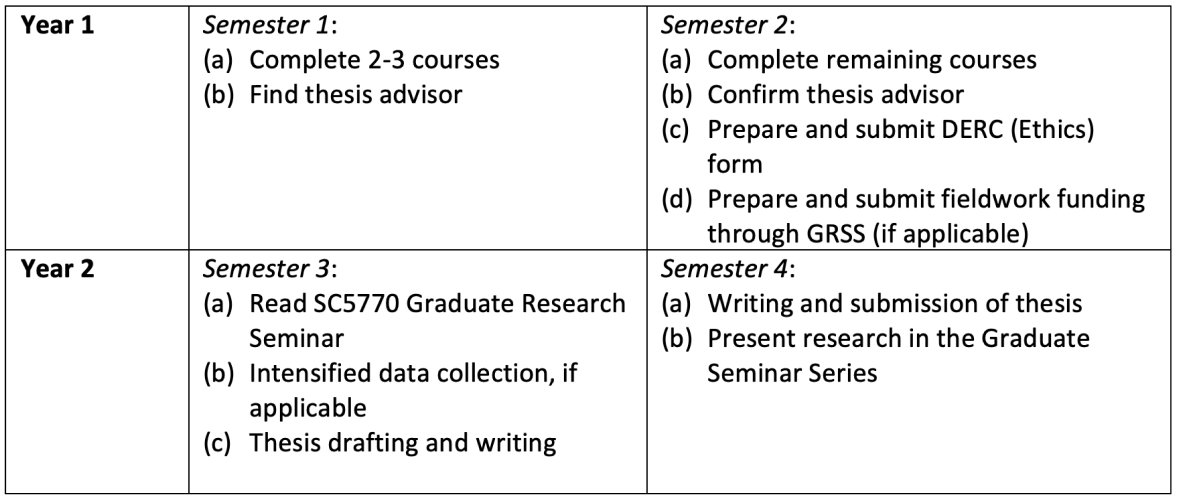Graduate Research Programmes
Designed to prepare you for scholarly research, teaching, and applied work
The department presently offers three graduate research programmes
Overview
Our Department has been consistently ranked first in Asia and among top 20 in the world, according to the QS World University Rankings. In 2023, NUS Sociology was ranked the 7th in the world along with other top universities including Harvard, Cambridge, London School of Economics, and UC Berkeley.
The Department’s research and teaching interests are wide-ranging. Our major strengths lie in sociology and anthropology of Asia. While many faculty members specialize in research on Singapore society and culture, a number are also engaged in research on other Asian societies, including China, Hong Kong, South Korea, Japan, India, Sri Lanka, Indonesia, Malaysia, Thailand, Myanmar, and Vietnam. Our main research areas include Ageing, Demography, Health, Family and Kinship, Gender and Sexuality, Media and Popular Culture, Migration, Politics and Power, Race and Ethnicity, Social Networks and Urbanism.
Our Programmes
Master of Social Sciences in Sociology
The two-year master’s programme welcomes students who would like to advance their research training either after having a few years of work experience, or to prepare for their doctoral studies in pursuit of an academic career. Master’s candidates are required to complete 5 courses, including Sociological Theory, Graduate Research Methods, Graduate Research Seminar, Quantitative/Qualitative Methods and one other elective course, in addition to writing an original research thesis.

Programme information
Programme requirements
Complete 5 courses with a minimum Grade Point Average (GPA) of 3.0 (equivalent to a Bgrade).
Courses include:
(a) SC5770 Graduate Research Seminar (Pass/Fail)
(b) SC5101 Graduate Research Methods
(c) SC5102 Quantitative Methods or SC5103 Qualitative Methods
(d) SC6102 Sociological Theory
(e) One elective course of choice
Course Exemption Policy
No exemptions are permitted for M.Soc.Sci students. All courses must be completed as stipulated.
Graduate Supervision
All M.Soc.Sci students would typically suggest an advisor upon application to NUS. In the event that the students did not do so, they should consult and select an advisor from the Department's faculty. The faculty profile and research interests are available on the Department’s website. Students who have suggested an advisor in their application are also under no obligation to be supervised by her/him. Should students wish to change thesis advisors, students must nominate an advisor by the end of the first semester. The advisor (and co-advisor, if applicable) must also be faculty members of the Department of Sociology and Anthropology. In the event that students decide to change their advisor(s) after they have confirmed one during their candidature, students must notify the Graduate Chair of their intention to do so through email.
Independent Study Course (ISC) as Elective Course
M.Soc.Sci students may choose to undertake an Independent Study Course (ISC) as their elective. The ISC supervisor must be a faculty member of the Department of Sociology and Anthropology; however the ISC supervisor must not be the Thesis’ Advisor. The ISC topic cannot overlap with the student's thesis topic and must be approved by the Department.
Sample Study Plan for Masters’ Students


